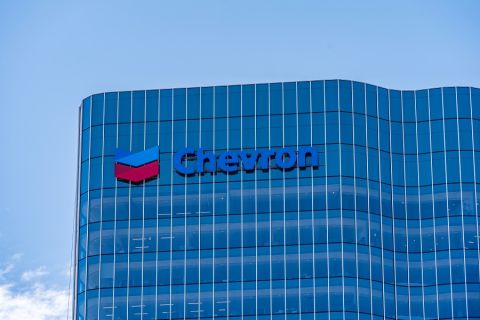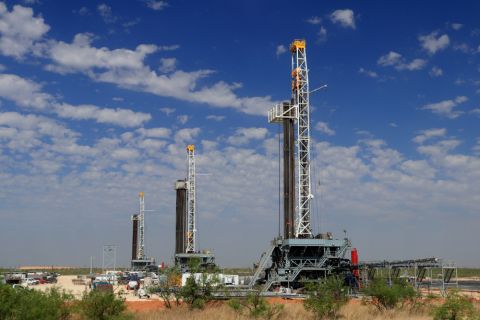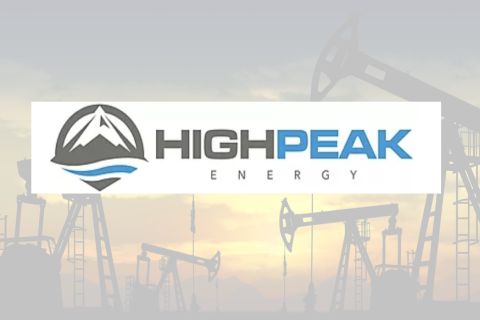“…Macondo was the result of human failure, not the failure of technology.”
Recently queried Keith Rattie, chairman, president and chief executive of integrated U.S. gas company Questar Corp., on what the environmental implications would be of a subsea gas-well blowout in the Gulf of Mexico, compared with a subsea oil-well blowout, and whether the Gulf oil leak bodes well for new or renewed Washington interest in greater use of U.S. natural gas as a transportation fuel and in electric-power generation.
Rattie wrote from the road, while providing details to the investment community on the roll-out of Questar’s E&P business, QEP Resources Inc., that will begin trading on July 1 (NYSE: QEP).
Rattie says, “Deepwater drilling—irrespective of whether the target is oil or natural gas—poses little risk to the environment, provided that operators adhere to good safety practice in both well design and drilling and completion operations. In this case, BP, in an effort to limit its liability for the Macondo disaster, has left the public with the impression that the industry's practices were lacking and need changes.
“But Macondo was the result of human failure, not the failure of technology. BP personnel on the rig, for whatever reason, failed to heed clear indications that they had a bad cement job and thus dangerous levels of gas in the well bore.”
Questar is among founding companies of America’s Natural Gas Alliance, a consortium of U.S. gas producers that communicates natural gas facts to law- and policy-makers and to voters.
“I do believe that development of onshore gas resources will benefit from the Macondo disaster. The industry has gotten its act together on communicating the message of the U.S.’ abundance of natural gas, and we see signs of sustainable gas-market demand growth for the first time in nearly a decade. That said, many uninformed members of Congress conflate offshore oil-spill risk with a risk of groundwater contamination from fracture stimulation (of gas wells).
“Natural gas prices have strengthened of late, in part perhaps because the Obama offshore drilling moratorium not only destroys jobs in the offshore drilling industry, it reduces natural gas supply from the deepwater Gulf, the source of roughly 4 billion cubic feet per day of U.S. gas supply—all of which is still flowing; the market-price impact is partly psychological and partly due to an expectation that gas supply will be negatively affected by hurricane events this summer.
“The offshore-drilling moratorium is profoundly wrong-headed on many fronts: It destroys jobs, harms the Gulf Coast economy, reduces federal tax and royalty receipts, increases dependence on foreign on imports and drives energy prices higher. It might make sense if blow-outs occurred every few years. But Macondo is unprecedented, and the U.S. has not had a major spill related to drilling since the 1969 spill offshore Santa Barbara (California).
“Macondo is, without question, the result of a confluence of human errors. It was very preventable. The questions those of us in leadership roles must ask in its wake are: Do our people know that we're serious about safety? Would one of our employees have ignored the warning signs that were flashing bright red in the hours before this disastrous explosion?
“We do not have all the facts yet, but the industry will—and the industry will—adopt whatever changes are necessary to ensure that this never happens again. In the end, the public's only real protection is industry self-regulation, not bureaucratic rules administered from Washington.”
–Nissa Darbonne, Editor-at-Large, Oil and Gas Investor, OilandGasInvestor.com, OilandGasInvestor.com Today, Oil and Gas Investor This Week, A&D Watch, A-Dcenter.com, UGcenter.com
Recommended Reading
Chevron Hunts Upside for Oil Recovery, D&C Savings with Permian Pilots
2024-02-06 - New techniques and technologies being piloted by Chevron in the Permian Basin are improving drilling and completed cycle times. Executives at the California-based major hope to eventually improve overall resource recovery from its shale portfolio.
CEO: Continental Adds Midland Basin Acreage, Explores Woodford, Barnett
2024-04-11 - Continental Resources is adding leases in Midland and Ector counties, Texas, as the private E&P hunts for drilling locations to explore. Continental is also testing deeper Barnett and Woodford intervals across its Permian footprint, CEO Doug Lawler said in an exclusive interview.
TPH: Lower 48 to Shed Rigs Through 3Q Before Gas Plays Rebound
2024-03-13 - TPH&Co. analysis shows the Permian Basin will lose rigs near term, but as activity in gassy plays ticks up later this year, the Permian may be headed towards muted activity into 2025.
For Sale, Again: Oily Northern Midland’s HighPeak Energy
2024-03-08 - The E&P is looking to hitch a ride on heated, renewed Permian Basin M&A.
Texas Earthquake Could Further Restrict Oil Companies' Saltwater Disposal Options
2024-04-12 - The quake was the largest yet in the Stanton Seismic Response Area in the Permian Basin, where regulators were already monitoring seismic activity linked to disposal of saltwater, a natural byproduct of oil and gas production.




